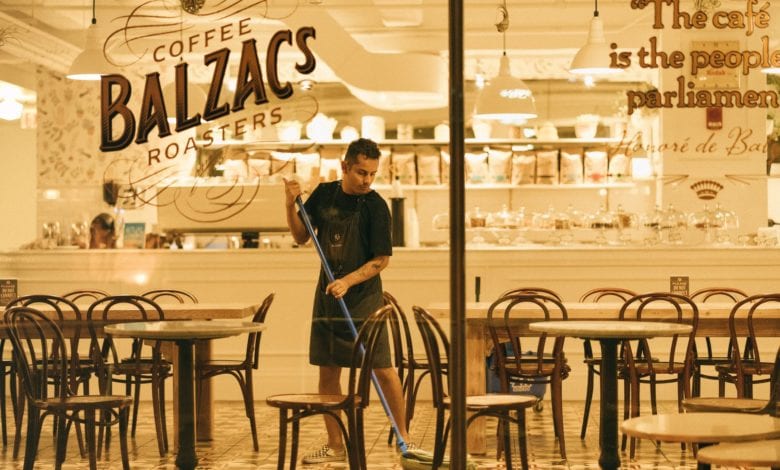The impact of social distancing in restaurants in the UK

As many businesses are starting to recover from the economic impact of COVID-19, several health protocols are now strictly implemented in old and new restaurants. Aside from making sure that the dining utensils and the restaurant itself are properly sanitised and disinfected, food businesses should ensure that customers and staff are practising social distancing.

